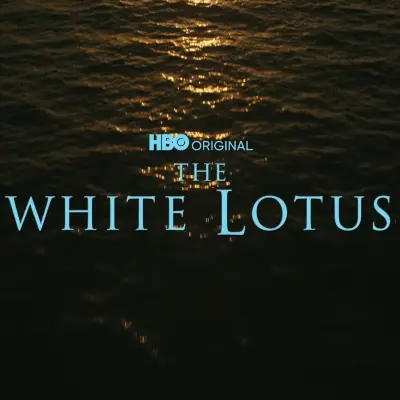The White Lotus is unusual as an HBO show with its embrace of the anxiety of sex and nudity
-

The first episode, says Meghan O'Keefe, "ends with a cringe-inducing sex scene that’s designed to make the viewer feel like a peeping tom. Director Mike White uses camera angles to up the ante on the scene’s tension and composer Cristobal Tapia de Veer’s score uses percussive beats to ratchet up the anxiety. While most HBO and HBO Max shows use sex as a fun or devastating storytelling device, The White Lotus steers well away from titillation and embraces full-on shame. Earlier in the premiere, Steve Zahn’s character Mark complains about his bloated testicles to his wife Nicole (Connie Britton). Instead of treating it delicately, White’s camera cuts to a darkly hilarious bit of full frontal male nudity. The point? Nudity isn’t going to be deployed in The White Lotus to be sexy, but emblematic of our deepest anxieties. Mark, in this case, is convinced he has testicular cancer, and we have to see why."
ALSO:
- The White Lotus is the most insightful of HBO's shows about toxic privilege: "The White Lotus seems to fit within a spate of recent HBO shows about rich people rotting in their own toxic privilege—Succession, The Undoing, Big Little Lies—but it’s baggier than those shows while also being, in fleeting moments, more insightful," says Sophie Gilbert. "Across all six episodes, a convincing thesis emerges: The curse of the privileged is that they would rather be miserable than lose even a tiny fraction of the things they’ve been given."
- Jake Lacy was thrilled to play an a**hole: "I was thrilled that it was different, but it was not as specific as 'I will no longer do stable boyfriend roles,'" says Lacy. "My history doing supportive, stable guys lends itself to Shane in White Lotus, because he thinks he is that guy. He thinks he’s this catch. You have that person also behaving as a petulant child. I like that dichotomy more than just a person who looks like a villain, being a villain. That has its place. It’s also fun to have someone that seems affable to be a little gross. You just wanna be like, buddy, let it go with the room. You have everything else."
- Murray Bartlett says “there is definitely a real darkness that underpins” The White Lotus: “This show throws up concepts that we need to take a really good, hard look at," he says. "All of these characters exist in all of us and they represent a lot of the ugliest sides of human nature." Bartlett says the show aims to take a closer look at “how Hawaii and its indigenous people are impacted by the privileged people, who are white. There’s a lot of division at the moment that we need to deal with. This manifestation of privilege and power—economically, racially, culturally—is at the root of a lot of our stumbling blocks. I feel like this show comes at a perfect time to hold up a mirror and be like, this is who we are. Is this who we want to be?”
TOPICS: The White Lotus, HBO, Jake Lacy, Murray Bartlett
More The White Lotus on Primetimer:- Mike White and Sydney Sweeney may reunite for The Amazing Race after White Lotus collaboration
- 'I never saw myself as sexy": Alexandra Daddario opens up about receiving bold roles, on-screen nudity, and more
- "I take it as a sign that he’s become quite popular" — Walton Goggins' wife on his romance rumors with White Lotus co-star Aimee Lou Wood
- Here's How to Make the Emmys Less Predictable This Year
